What is Accident Insurance?
Here's what you need to know, accident insurance is a policy that provides financial compensation in the event of an accidental injury. Unlike health insurance, which covers a wide range of medical issues, accident insurance specifically focuses on injuries caused by unexpected incidents.
How Accident Insurance Works
When an accident occurs, your policy can help cover medical expenses, lost wages, and other associated costs. Depending on the plan, it may offer lump-sum payments or reimbursements for specific expenses.

Personal Accident Insurance
This type covers individuals for accidental injuries, providing benefits like medical expense coverage and loss of income.
Group Accident Insurance
Often provided by employers, group accident insurance covers multiple people under a single policy, usually with benefits similar to personal plans but on a larger scale.
Accidental Death & Dismemberment (AD&D)
AD&D policies pay out a benefit if the insured dies or suffers severe injuries (such as loss of limbs) due to an accident. This is often an add-on to life or personal accident insurance.
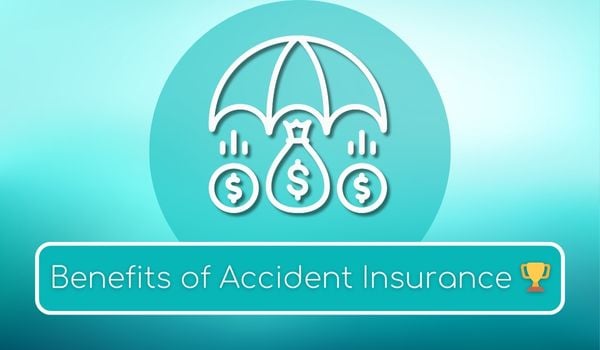
Financial Protection
Accident insurance offers a financial safety net, helping cover costs that might otherwise lead to debt.
Coverage for Medical Expenses
From hospital stays to physical therapy, accident insurance can cover a wide range of medical costs.
Lump-Sum Payments
Many policies provide a lump-sum payment that can be used at the policyholder’s discretion, offering flexibility in financial planning.
Supplemental to Health Insurance
Accident insurance can complement health insurance by covering out-of-pocket expenses, deductibles, and co-pays that your regular health plan doesn’t cover.
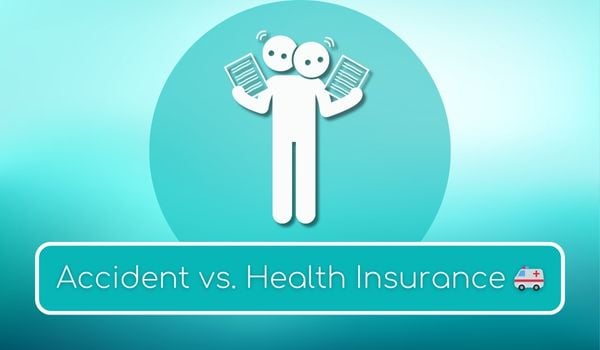
Key Differences
Health insurance covers a broad spectrum of medical conditions, while accident insurance is specifically for injuries caused by accidents.
Situations Where Accident Insurance is More Beneficial
If you work in a high-risk job or enjoy extreme sports, accident insurance can be particularly advantageous, providing coverage that health insurance might not fully address.
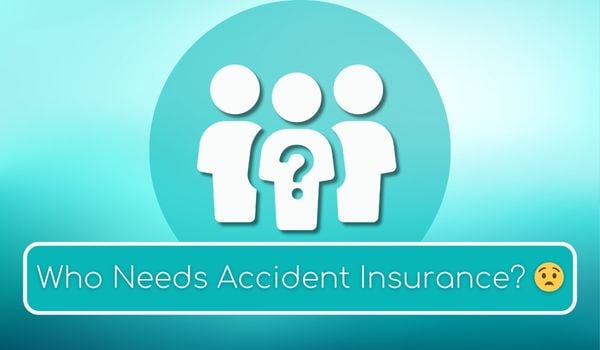
Families
Accidents can affect anyone in the family. Accident insurance ensures that all members are covered.
Self-Employed Individuals
Without employer-provided benefits, self-employed people can rely on accident insurance for financial protection.
Small Business Owners
Protecting yourself and your employees with accident insurance can safeguard your business from financial strain due to accidents.
High-Risk Occupations
Jobs with a higher risk of injury, such as construction or manufacturing, benefit greatly from accident insurance.
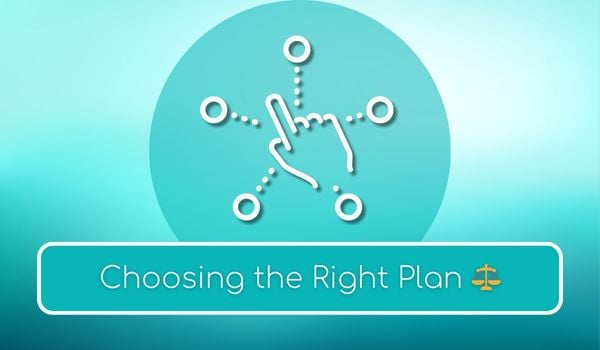
Assessing Your Needs
Evaluate your risk factors, financial situation, and existing coverage to determine your needs.
Comparing Different Plans
Look at multiple insurance providers and compare their plans to find the best fit for your requirements.
Evaluating Coverage Options
Consider what each plan covers, including medical expenses, lost income, and additional benefits.
Considering Premiums & Deductibles
Balance the cost of premiums with the deductible amounts to find a plan that fits your budget.
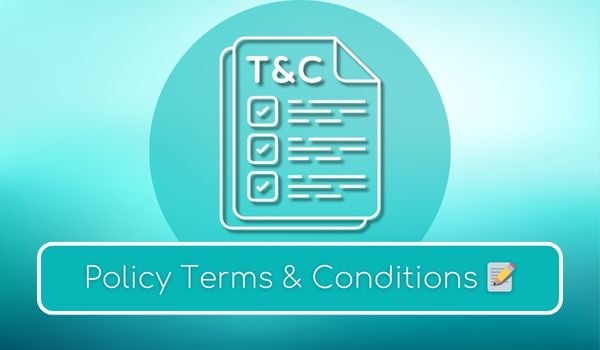
Exclusions and Limitations
Be aware of what’s not covered, such as pre-existing conditions or injuries from certain activities.
Claim Process
Understand the steps required to file a claim and the timeline for receiving benefits.
Renewal and Cancellation Policies
Check how easy it is to renew your policy and what happens if you need to cancel.
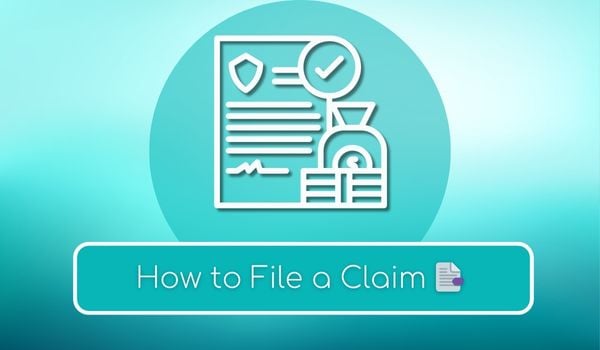
Step-by-Step Guide
- Report the Accident: Inform your insurance provider as soon as possible.
- Gather Documentation: Collect medical reports, police reports, and any other necessary documents.
- Submit the Claim: Follow your insurer’s procedure for submitting claims.
- Follow Up: Stay in touch with your insurer to ensure your claim is processed promptly.
Required Documentation
Typically includes medical records, accident reports, and proof of expenses.
Tips for a Smooth Claim Process
- Keep detailed records of all communications.
- Submit all required documents promptly.
- Stay organized and follow up regularly.
Accident insurance provides essential protection against unforeseen accidents, offering financial security and peace of mind. Whether you’re a family, self-employed, or a small business owner, having the right plan is crucial. With J.Boddie Healthcare, you can find tailored solutions that fit your unique needs and budget.

%20Gradient.png?width=60&height=60&name=JBH%20-%20Logo%20(New)%20Gradient.png)
.jpg)









